Elena Cornaro Piscopia was a pioneer in the history of European academia, making her mark as the first woman in the world to receive a doctorate. Her life, achievements and contributions are a source of great inspiration, especially given her poor background and the challenging social norms and gender barriers of the 17th century.
Redefining the narrative about women in academia
Elena Cornaro Piscopia was born at Palazzo Loredan, in Venice, Republic of Venice (now Italy) in 1646. Her mother Zanetta was a poor peasant. Zanetta fled to Venice to escape famine, fell in love with a young man and soon realized that he came from one of the most powerful families of the time.
Her parents were not married at the time of her birth, so Elena was not recognized as a member of the Cornaro family, as Venetian law prohibited illegitimate children of nobles from receiving noble privileges.
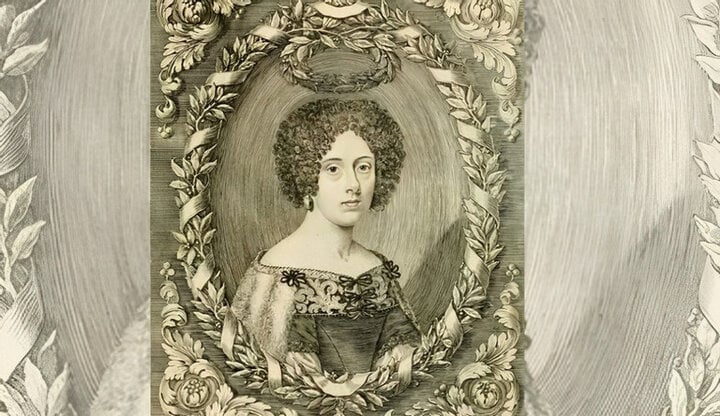
Dr. Elena Cornaro Piscopia.
Her father tried many times to arrange a betrothal for Elena at the age of 11, but she steadfastly refused to pursue her passion for exploration and discovery .
From an early age, Elena showed signs of being a prodigy. Her curiosity drove her to study languages, mathematics, and philosophy from an early age. Despite societal barriers that limited educational opportunities for women, Elena’s determination led her on a path that reshaped the narrative of women in academia.
She learned and mastered Latin and Greek, as well as French and Spanish, by the age of seven. She was also fluent in Hebrew and Arabic. Her extensive knowledge attracted attention and respect throughout Italy. Elena was the first woman to be inducted into the prestigious Accademia de' Ricovrati (1669).
Unprecedented achievement
In 1672, Elena's father, procurator of the Basilica of San Marco—a position of power—sent her to the University of Padua to continue her studies.
She initially wanted to pursue a doctorate in theology, but the church strongly opposed the idea of a female theological scholar. Undeterred, she applied again for a doctorate in philosophy and was accepted, according to the Brooklyn Museum website.
Her path to her doctorate was filled with challenges. Gender discrimination was rampant and Elena had to navigate a male-dominated academic environment. Limited educational opportunities for women made her journey even more unique.
In 1678, Elena successfully defended her thesis before an audience of thousands, including church and state officials.
This achievement was unprecedented, as no European university had awarded degrees to women before 1678. Despite prevailing norms limiting access to higher education, she became the first woman in the world to earn a doctorate.
After graduating, Elena stayed on to teach mathematics at the school and lectured at various other institutions across Europe. The University of Padua, a renowned educational institution of the time, became the “stage” for Piscopia’s groundbreaking achievement.
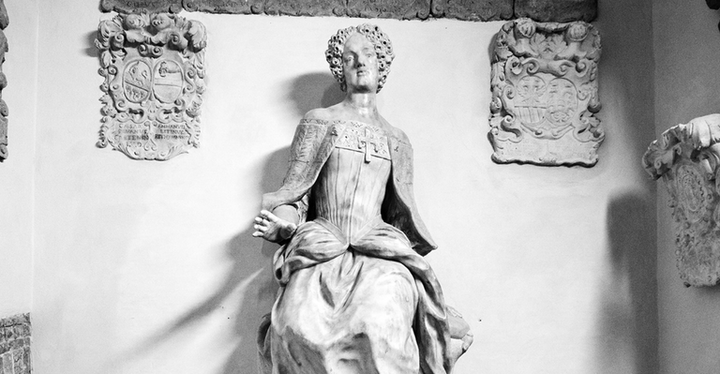
A statue of Dr. Elena Cornaro Piscopia is located at the University of Padua in recognition of her contributions.
In addition to breaking gender barriers, Elena Cornaro Piscopia also distinguished herself for her contributions to philosophy and mathematics. Engaging in discussions on a wide range of philosophical topics, she demonstrated her intellectual depth. Her outstanding mathematical abilities further demonstrated her multifaceted talents, cementing her status as a well-rounded scholar.
Elena's contributions went far beyond a simple doctorate degree, she became a symbol of women's intellectual excellence, proving that women can absolutely dominate in academic fields no less than men.
Elena's contributions were not limited to academics, she was also known for her philanthropic activities in her later years. In 1684, Elena Cornaro Piscopia died of tuberculosis at the age of 38. Throughout her life, she chose not to marry or have children, dedicating herself to education and science.
She is buried in the church of Santa Giustina in Padua. Her statue stands prominently in the University of Padua to honor her pioneering contributions to future generations of women, inspiring them to pursue education and careers in academia.
Elena's legacy continues to encourage contemporary society to break down challenging barriers and promote greater inclusion in education.
(Source: Vietnamnet)
Source



![[Photo] Students of Binh Minh Primary School enjoy the full moon festival, receiving the joys of childhood](https://vphoto.vietnam.vn/thumb/1200x675/vietnam/resource/IMAGE/2025/10/3/8cf8abef22fe4471be400a818912cb85)


![[Photo] Prime Minister Pham Minh Chinh chairs meeting to deploy overcoming consequences of storm No. 10](https://vphoto.vietnam.vn/thumb/1200x675/vietnam/resource/IMAGE/2025/10/3/544f420dcc844463898fcbef46247d16)








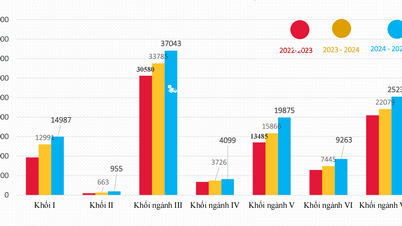
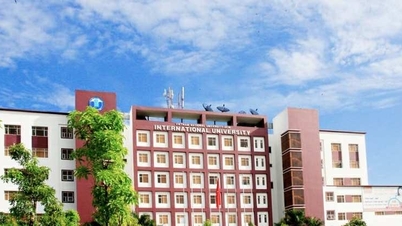
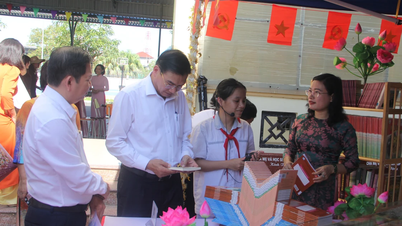






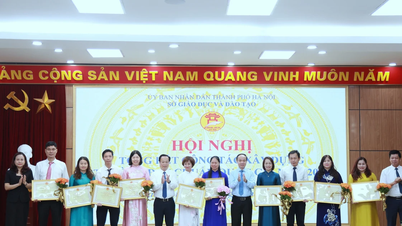








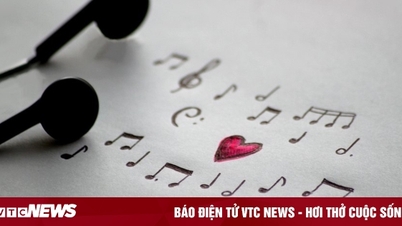









































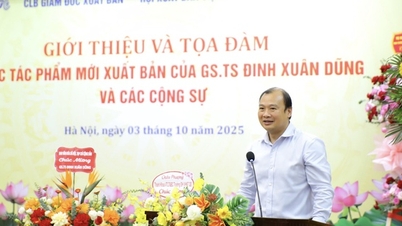





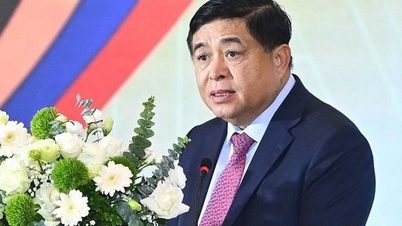






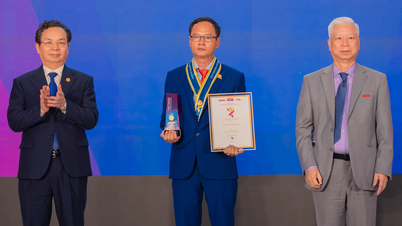


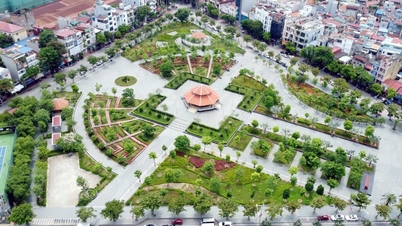













Comment (0)